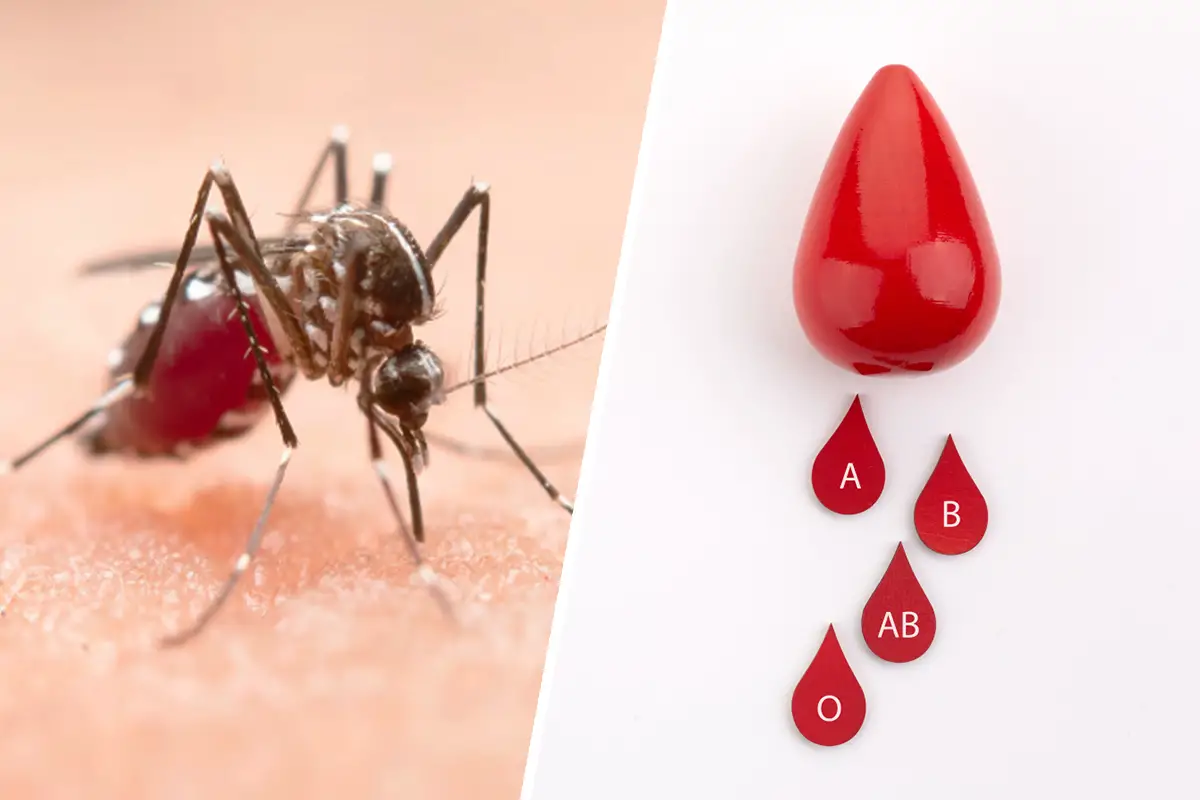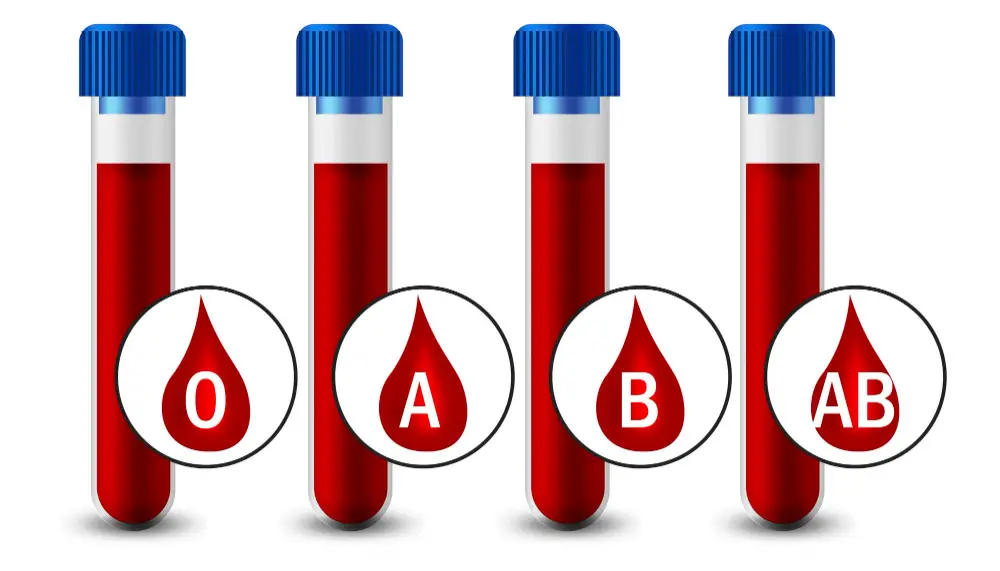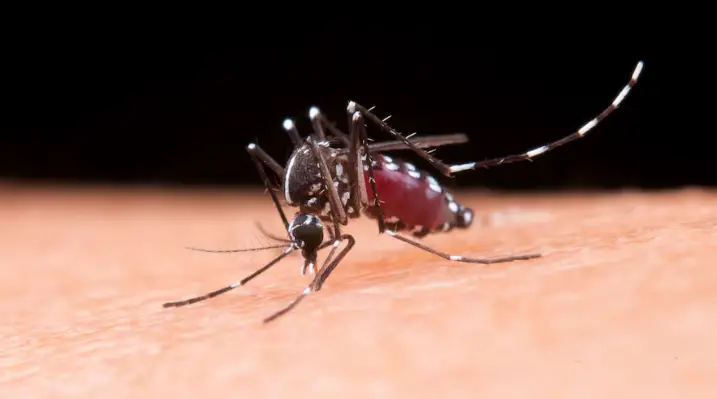Which Blood Types Attract Mosquitoes? Here’s What Science Says

Mosquitoes exhibit curious patterns in their choice of targets. Understanding the factors that influence their attraction can help us manage these encounters more effectively. While blood type plays a role, the full picture involves a complex interplay of various elements.
Blood Type and Mosquito Attraction

Research suggests that blood type influences mosquito preferences, with Type O blood potentially being their favorite. A 2004 study noticed individuals with Type O blood were targeted more often than those with A, B, or AB types. A 2019 study provided additional evidence supporting this preference.
However, blood type is just one factor in mosquito attraction. Sweat, body odor, and carbon dioxide emissions also play significant roles. Mosquitoes have a sophisticated sense of smell, detecting lactic acid, ammonia, and other compounds on our skin. Those who produce more carboxylic acids may be particularly attractive to mosquitoes.
Genetics determine up to 85% of your mosquito allure, but other factors are also at play. Clothing color can attract mosquitoes, with dark shades like black and navy being particularly appealing. Pregnant women and those who have consumed beer may find themselves more popular with mosquitoes due to higher body temperatures and increased carbon dioxide emission.
Despite these preferences, female mosquitoes are primarily driven by survival and reproduction needs, seeking proteins for egg development. To combat mosquito attraction, consider the following:
- Use repellents containing DEET, picaridin, or oil of lemon eucalyptus
- Avoid dark clothing
- Cover up during dawn and dusk
Factors Beyond Blood Type

While blood type sets the stage, other factors significantly influence mosquito attraction:
- Body scent: Compounds secreted through sweat like lactic acid, uric acid, and ammonia act as olfactory beacons for mosquitoes. Carboxylic acids naturally occurring on our skin can amplify this effect.
- Carbon dioxide emissions: Mosquitoes are highly sensitive to CO2, using it to locate potential hosts. Those who emit more CO2, such as during exercise or pregnancy, may experience increased mosquito attention.
- Body heat: Acts as a GPS signal for mosquitoes, with areas like the head, neck, and hands being particularly attractive due to their warmth concentration.
- Clothing color: Darker colors like black and navy are visually stimulating to mosquitoes, while lighter shades may help reduce their interest.
These factors interact in complex ways with blood type, sometimes intensifying attraction and sometimes neutralizing it. Understanding these dynamics can help us make informed choices to reduce mosquito encounters, such as applying repellent and making strategic wardrobe decisions.
Scientific Controversies and Limitations

The relationship between blood types and mosquito preferences remains a subject of scientific debate. While studies suggest a preference for Type O blood, the reasons behind this and the consistency of this preference are not fully understood. Differences in study design and methodologies can lead to varied outcomes, complicating our understanding.
Mosquito preferences can vary based on species and environmental contexts, making it challenging to establish universal rules. The complex nature of mosquito behavior adds another layer of difficulty to research in this field.
These controversies highlight the intricate biological processes at play. No single trait can fully explain mosquito behavior, and what one study uncovers, another might question. This ongoing scientific discourse drives researchers to explore deeper into the interplay of factors influencing mosquito attraction.
“Roughly 85 percent of what makes you more desirable or less desirable (to mosquitoes) is hard-wired into your DNA,” says Timothy C. Winegard, author of The Mosquito: A Human History of Our Deadliest Predator.
While it’s tempting to categorize oneself based solely on blood type, real-world encounters suggest a more complex interaction of influences. As research continues, our understanding of mosquito behavior and attraction factors will likely evolve, potentially leading to more effective prevention strategies in the future.
While blood type influences mosquito attraction, it’s just one aspect of a multifaceted phenomenon. The combination of scents, heat signatures, and even clothing choices all contribute to how frequently we encounter these insects. Staying informed about these factors can help us enjoy more comfortable outdoor experiences.
REFERENCES
- Shirai O, Tsuda T, Kitagawa S, et al. Alcohol ingestion stimulates mosquito attraction. J Am Mosq Control Assoc. 2002;18(2):91-96.
- Verhulst NO, Qiu YT, Beijleveld H, et al. Composition of human skin microbiota affects attractiveness to malaria mosquitoes. PLoS One. 2011;6(12):e28991.
- Shirai Y, Funada H, Seki T, et al. Landing preference of Aedes albopictus (Diptera: Culicidae) on human skin among ABO blood groups, secretors or nonsecretors, and ABH antigens. J Med Entomol. 2004;41(4):796-799.
- Elanga Ndille E, Doucoure S, Damien G, et al. First attempt to validate human IgG antibody response to Nterm-34kDa salivary peptide as biomarker for evaluating exposure to Aedes aegypti bites. PLoS Negl Trop Dis. 2012;6(11):e1905.
- Wood CS, Harrison GA. Blood group O and others factors in mosquito host selection. Hum Biol. 1974;46(1):55-63.
